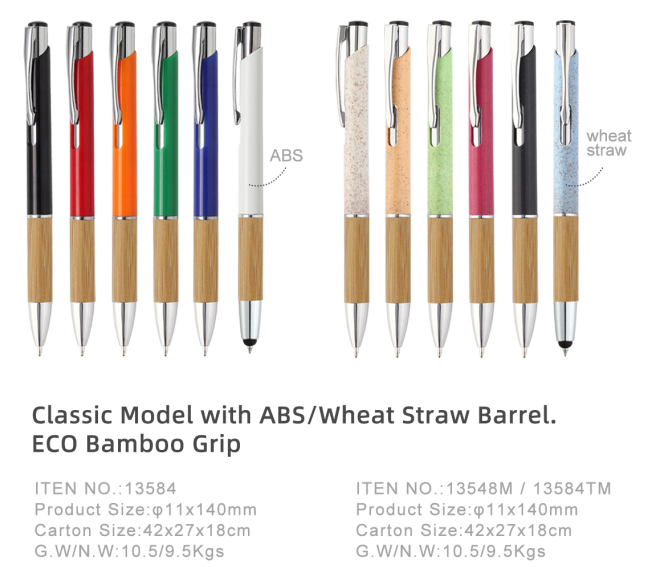Is bamboo eco-friendly?
- Renewable Resource: Bamboo is a fast-growing plant that can reach maturity in 3-5 years, making it a highly renewable resource.
- Carbon Sequestration: Bamboo plants have the ability to sequester large amounts of carbon dioxide from the atmosphere, making it an effective tool in combating climate change.
- Soil Protection: Bamboo has an extensive root system that helps to prevent soil erosion and retain moisture in the soil, which can be beneficial for ecosystems.
- Biodegradable: Bamboo products are biodegradable and can decompose naturally without causing harm to the environment.
- Low Pesticide Use: Bamboo is naturally pest-resistant and requires little to no pesticides, making it a safer alternative to other crops that require heavy pesticide use.
However, it’s worth noting that the production and processing of bamboo products can vary in terms of their environmental impact. For example, if the bamboo is harvested unsustainably, it can lead to soil degradation and habitat destruction. Additionally, some bamboo products may be treated with chemicals that can be harmful to the environment. Therefore, it’s important to consider the source and production methods of bamboo products to determine their eco-friendliness.
Is wheat straw PP composite material environmentally friendly?
Wheat straw PP (polypropylene) composite material is often marketed as an environmentally friendly alternative to traditional plastics. Here are some of the potential environmental benefits of this material:
- Renewable Resource: Wheat straw is a byproduct of wheat production, and using it to make composite materials can help reduce waste and reliance on non-renewable resources.
- Reduced Carbon Footprint: Using a byproduct like wheat straw to make composite materials can reduce the carbon footprint associated with traditional plastics, which are made from fossil fuels.
- Biodegradable: Some wheat straw PP composite materials are marketed as biodegradable, which means they can break down naturally over time without causing harm to the environment.
However, it’s important to note that the environmental impact of wheat straw PP composite materials can vary depending on several factors, such as the manufacturing process and end-of-life disposal. Some potential drawbacks of this material include:
- Chemicals: The production of PP composite materials typically involves the use of chemicals, which can have negative environmental impacts if not handled properly.
- Limited Biodegradability: While some wheat straw PP composite materials are marketed as biodegradable, they may not actually break down in a reasonable amount of time in real-world conditions. Additionally, many composite materials require specific conditions to biodegrade, such as industrial composting facilities.
- Recycling Challenges: PP composite materials can be difficult to recycle, and many recycling facilities do not accept them. This means that if they end up in the landfill, they may take a long time to break down and could release harmful substances into the environment.
Overall, while wheat straw PP composite materials may offer some environmental benefits, it’s important to carefully consider their production and disposal to determine their true eco-friendliness.
Introducing the latest environmental protection promotion gift pen, designed to offer a sustainable alternative to traditional promotional pens. This pen is an ideal choice for businesses and organizations looking to promote their brand while demonstrating their commitment to environmental responsibility. With its optional touch pen tip and eco-friendly materials, this pen offers a stylish and practical solution for everyday use, while minimizing the impact on the environment. Whether as a corporate gift or promotional giveaway, this pen is sure to make a positive impression on your clients, customers, and employees alike.
